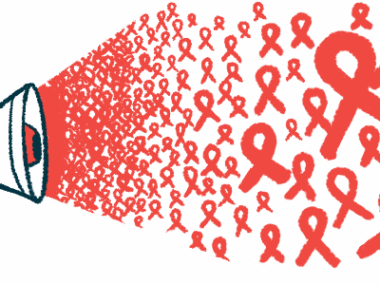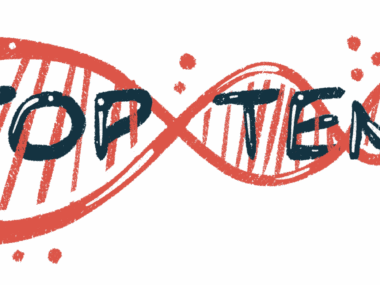Baby Duchenne research network receives $250K from PPMD
Initiative seeks to collect data to inform early care guidelines, improve outcomes
Written by |

A $250,000 award from the Parent Project Muscular Dystrophy (PPMD) will support the establishment of Baby Duchenne, a collaborative clinical research network for babies with Duchenne muscular dystrophy (DMD) diagnosed via newborn screening (NBS) programs in New York state.
Under the direction of Bo Hoon Lee, MD, from the University of Rochester, the initiative seeks to help launch NBS programs, inform guidelines for clinical care, and establish the groundwork for expanding the network in other states.
“This generous support from PPMD is pivotal in our work to advance care for Duchenne babies identified through newborn screening,” Lee said in a press release. “With this funding, we can establish a collaborative clinical research network and database, enabling us to collect vital data that will inform early care guidelines and improve outcomes for these young patients.”
DMD newborn screening can lead to early diagnosis, treatment
Although there are several diagnostic tools for DMD, genetic testing is usually the most accurate. As such, NBS programs to detect DMD-related mutations have the potential to provide an early diagnosis, which is critical to starting treatment as early as possible.
“Newborn screening is vital for ensuring early diagnosis and intervention for babies with Duchenne,” said Pat Furlong, PPMD’s president and CEO.
For more than 10 years, PPMD has supported NBS programs for DMD, including a pilot study from 2019 to 2021 that screened more than 36,000 babies across the state for muscular dystrophy. In October 2023, newborn screening for DMD became mandatory for all babies born in the state.
“PPMD’s investment underscores their commitment to advancing research and improving the lives of individuals with Duchenne, and we are deeply grateful for their partnership in this important endeavor,” Lee said.
With the start of NBS in New York later this year, data on the natural history of the disease and clinical outcomes, especially among DMD children 3 years and younger, are needed.
Baby Duchenne will develop a clinical network and database to enroll and follow all DMD babies identified by NBS. This will help the researchers understand the importance of early diagnosis and design clinical trials.
Lee’s team will build on pediatric neuromuscular centers initially designated for newborn screening programs to detect spinal muscular atrophy, another degenerative muscle disease caused by inherited genetic mutations.
Baby Duchenne will feature two certified Duchenne care centers
“Dr. Lee’s Baby Duchenne project holds immense promise in supporting these newborn screening implementation efforts,” Furlong said. “By establishing a robust clinical research network and database, we aim to not only advance our understanding of Duchenne but also pave the way for more effective treatments and improved outcomes.”
The network will feature two certified Duchenne care centers, the University of Rochester Medical Center and Stony Brook Children’s Hospital. A REDCap database containing core evaluations and assessments will also be developed. Its goal is to support guidelines for standardized outcome measures in states implementing NBS.
Ultimately, the initiative’s goal is to create a robust statewide network that can gradually incorporate other early-screening states, such as Ohio and Minnesota.
“This initiative further extends PPMD’s commitment to break down barriers related to the diagnosis, care, and treatment of every single person living with Duchenne, at all stages of life,” Furlong added.







